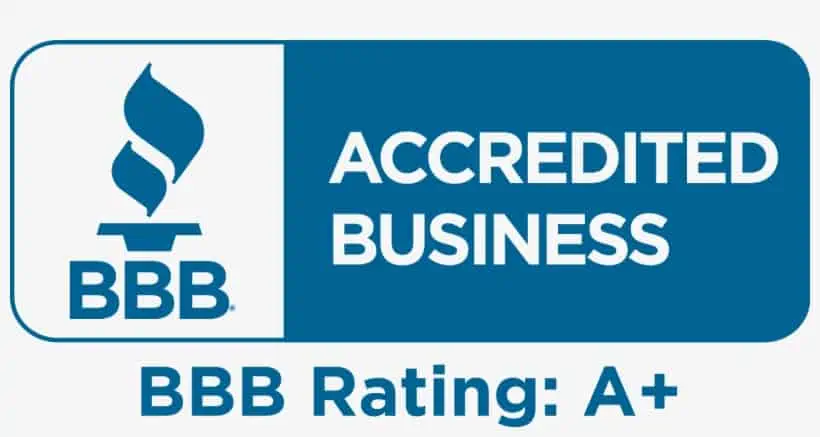
Question:
I was very busy at the end of last year and didn’t set up a
Solo 401k by 12/31/2022. Can I still set up a Solo 401k plan in 2023 and make Mega Backdoor Roth contributions? Please note that I own my own business with no employees. I operate my business as a single-member LLC with income reported on my 1040.
Response:
While the IRS does not explicitly state that a self-employed individual such as yourself can still set up a Solo 401k and make Mega Backdoor Roth Solo 401k contributions for 2022, one may reasonably conclude that Mega Backdoor Roth Solo 401k contributions may still be made for 2022 if the plan is established and the contributions are made on or before your business tax return deadline in 2023 including a timely filed extension.
Secure Act Extended the Deadline
First, at the end of 2019, Congress enacted the Secure Act 1.0 which extended the Solo 401k establishment deadline to the business tax return deadline (including timely extensions).
Under this law, one may consider a Solo 401k to have been adopted as of 12/31/2022 as long as the plan was established on or before the business tax return deadline (including timely filed extension) in 2023.
Specifically, the SECURE Act amends 26 U.S. Code § 401(b) to add a new section providing that “if an employer adopts a stock bonus, pension, profit-sharing, or annuity plan after the close of a taxable year but before the time prescribed by law for filing the return of the employer for the taxable year (including extensions thereof), the employer may elect to treat the plan as having been adopted as of the last day of the taxable year.” [emphasis added] See https://www.law.cornell.edu/uscode/text/26/401
Elective Deferrals
In spite of the Secure Act, the IRS provides that a self-employed individual must elect to make employee contributions (also known as elective deferrals) by December 31st and then can deposit the contribution by the business tax return deadline including timely filed extension. See the
statement of page 4 of IRS Publication 560
HERE.
As a result of this requirement, it is widely understood that if a self-employed individual adopts a Solo 401k plan after the end of the tax year but before his/her business tax return deadline he/she will not be able to make employee contributions for such year but can still make employer non-elective (profit-sharing) contributions.
Just like employer non-elective (profit-sharing) contributions, IRS Publication 560 is silent on the need to elect to make a voluntary after-tax contribution by the end of the tax year.
Contribution Types: Elective Deferrals & Voluntary After-Tax
Moreover, elective deferrals and voluntary after-tax contributions are clearly distinct types of contributions (e.g. consider that they are subject to different contribution limits under IRC 402(g) and IRC 415(c) respectively), such that one may reasonably conclude that the reference to “elective deferrals” in IRS Publication 560 also refers to voluntary after-tax contributions (e.g., one may reasonably conclude that if the IRS wished to require that voluntary after-tax contributions were elected by the end of the tax year, IRS Publication 560 would state so).










